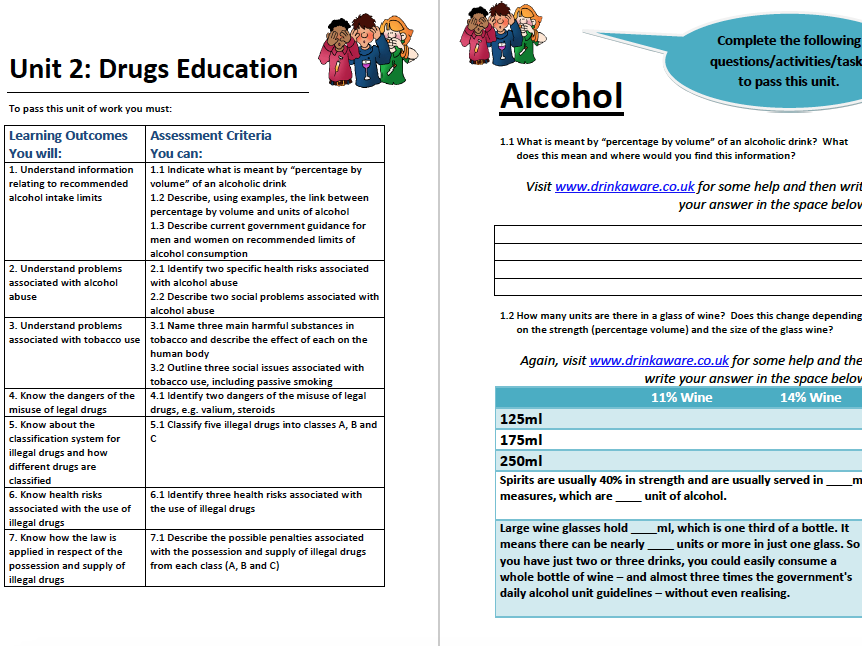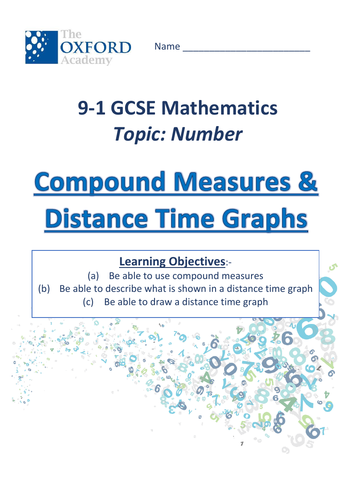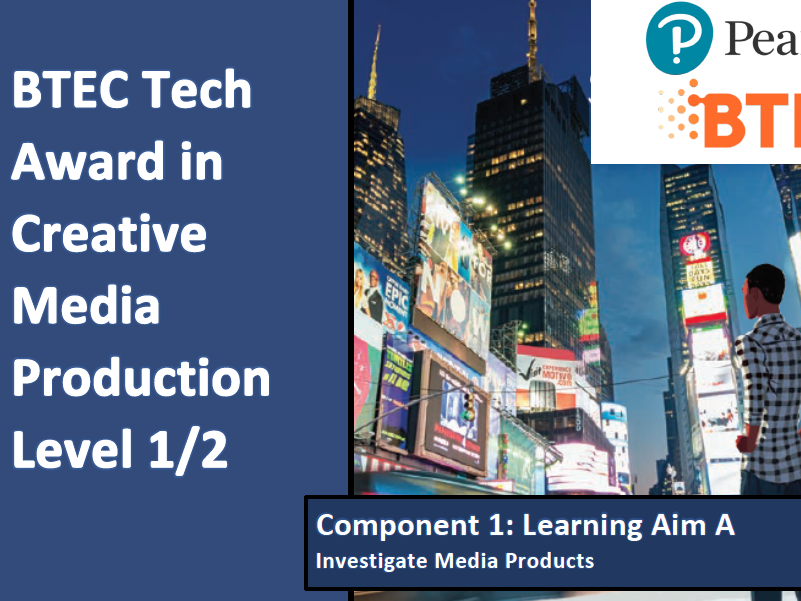
73Uploads
16k+Views
3k+Downloads
All resources
Sale

OCR Entry Level History: Germany 1925 - 55
To complete OCR Entry Level History, students have to complete three tasks:-
Thematic Study
Period Study
Study of a site or indivudal
This 176 slide PPT provides teaching material for the Depth Study, Germany 1925 - 55. It provides lessons, videos and links to resources which can be found via Twinkl and covers the whole unit.
Germany 1925 - 55
Germany 1925 - 33
Germany 1933 - 39
Germany 1939 - 45
Germany 1945 - 55
Germany after 1955
Sale

Personal and Social Education: AQA Level 1 Workbook
Level 1 Award in Personal and Social Education QCF 500/3050/4
To achieve a Level 1 Award you must complete four units of work. The units that will be covered are:-
Unit 2: Drugs Education
Unit 3: Sex and relationship Education
Unit 4: Personal Finance
Unit 6: Healthy Lifestyles
Sale

3D Shapes, Properties, Volume & Surface Area
Learning Objectives:-
• Identify the properties of 3D shapes including cubes, cuboids, cylinders, pyramids, cones and spheres.
• Know and apply formulae to calculate volumes of cuboids and other right prisms (including cylinders)
• Calculate the surface area of spheres, pyramids, cones and composite solids.
Sale

Area & Perimeter of Regular & Composite Shapes
Learning Objectives:-
Calculate the perimeter of shapes
Calculate the areas of Rectangles, Triangles and Parallelograms
Calculate the areas of Trapeziums, Rhombus and Kites
Calculate the area of composite shapes
Sale

Circle Theorems
Learning Objectives: -
Apply and prove the standard circle theorems concerning angles, radii, tangents and chords, and use them to prove related results
Sale

Angles & Constructions
Learning Objectives:-
Know angle types, label triangle sides and angles
Apply properties of quadrilaterals to know their names and find missing angles
Apply the properties of angles at a point, angles on a straight line, vertically opposite angles, alternate angles and corresponding angles
Use the standard ruler and compass constructions to construct a 60° angle, a perpendicular bisector, a perpendicular to a given line from/at a given point, and an angle bisector
Sale

BTEC Tech Award in Creative Media: Component 1
A handbook and workbook for students to use for Component 1: Exploring Media Products.
It has activities which cover the learning aims for Component 1 preparing them for the first assessment task.
Sale

Bearings & Maps
Learning Objectives:-
To find a bearing from A to B
To find a return bearing from B to A
To understand the points on a compass and the angles of each point
To use scale to work out distance from one bearing to another
Sale

Circles
Learning Objectives:-
• Describe the parts of a circle, including tangent, arc, sector, segment, centre, radius, chord, diameter, circumference
• Recall and use the formula for the area & circumference of a circle
• Calculate arc lengths and the angles and areas of sectors of circles
Sale

Loci, Plans & Elevations
Learning Objectives:-
Use constructions to solve loci problems
Construct and interpret plans and elevations for 3-D shapes.
Sale

Pythagoras' Theorem
Learning Objectives:-
Know and use Pythagoras’ Theorem for right-angled triangles.
Sale

Fractions
Learning Objectives:-
o Add and subtract fractions including improper fractions and mixed numbers.
o Multiply and Divide fractions
Sale

Equations
Learning Objectives:-
• Solve linear equations with one unknown on one side
• Derive equations from geometric and other forms of problem
• Solve two linear simultaneous equations in two variables algebraically
Sale

Changing the Subject, Formulae & Substitution
Learning Objectives:-
Change the subject of a formula
Write simple formulae or expressions from a problem
Substitute numerical values into formulae and expressions, including scientific formulae
Sale

Decimals & Standard Form
Learning Objectives:-
Understanding the place value of decimals
Multiply decimals using written methods
Divide decimals using written methods
Add and Subtract decimals using written methods
Rounding to decimal places or significant figures
Estimate Answers
Understand and use standard form for very large and very small numbers




















